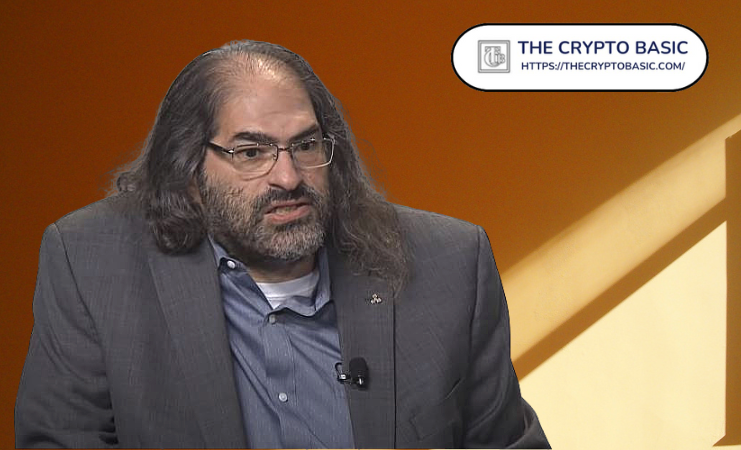Ripple’s Chief Technology Officer, David Schwartz, has clarified that the XRP Ledger (XRPL) is evolving far beyond solely associated with XRP.
This clarification came in response to community discussions about the ledger’s broader purpose. Specifically, Schwartz highlighted XRPL’s growing support for a wide variety of digital assets beyond XRP.
Notably, the ledger already supports stablecoins and is moving toward enabling tokenized real-world assets, such as property or gold. According to Schwartz, plans are also in place to integrate loan functionalities.
These developments position XRPL as a multi-asset network capable of powering a diverse decentralized financial ecosystem. This flexibility is essential for XRPL’s built-in decentralized exchange (DEX), which requires multiple assets to function effectively. For context, a DEX based on a single token may not be able to offer deep liquidity or efficient trading paths.
Ripple CTO Says, $XRP has a special role on XRPL But XRPL is more than just XRP.
Here's a very simple explanation of each point made by Ripple CTO, broken down clearly.
1. XRPL is more than just XRP
The XRP Ledger (XRPL) is not just for XRP.
It supports stablecoins, will soon… pic.twitter.com/ssjjvnm44V
— TheCryptoBasic (@thecryptobasic) June 4, 2025
XRP Still Holds a Native Advantage on the Ledger
Despite XRPL’s broader focus, XRP still retains a privileged role within the network. For one, it is the only asset that any account on the ledger can receive without needing trustline configurations.
XRP is also unique in that it has no counterparty. This means no one issues or backs it, making it native to the XRPL protocol.
Furthermore, when users initiate transactions across the network, XRPL’s pathfinding algorithm prioritizes XRP liquidity first. This makes XRP more likely to be used as a bridge asset during trades through a feature known as autobridging.
Additionally, XRP is the sole asset that can be used to pay transaction fees on the network, reinforcing its integral role in XRPL operations.
Uncertain Link Between XRPL Adoption and XRP Price
Meanwhile, Schwartz also raised an important open question: to what extent does XRPL’s utility and adoption translate into direct value for XRP?
He stressed that while the network’s growing capabilities could increase overall utility, the exact relationship between XRPL’s success and XRP’s market price remains unclear.
Essentially, it’s difficult to determine how much of XRP’s current valuation reflects the ledger’s utility, or whether increased usage of other assets on XRPL will significantly boost demand for XRP itself.
Notably, the CTO’s comments came in response to concerns from community member Ricky Tan, who sought clarity on whether to focus solely on XRP or consider the broader asset activity within XRPL.
This follows discussions about Ripple building a financial system centered on the XRP, XRPL, and its new RLUSD stablecoin.
Schwartz agrees that these components together form a financial system supporting Ripple’s broader goal of offering services like payments, investments, and loans, which banks and fintech firms traditionally handle.
DisClamier: This content is informational and should not be considered financial advice. The views expressed in this article may include the author's personal opinions and do not reflect The Crypto Basic opinion. Readers are encouraged to do thorough research before making any investment decisions. The Crypto Basic is not responsible for any financial losses.



